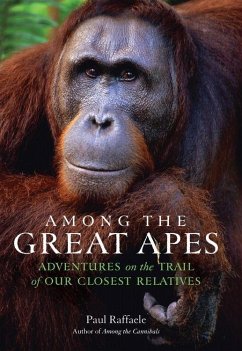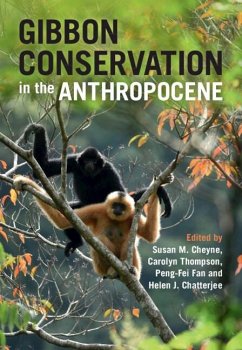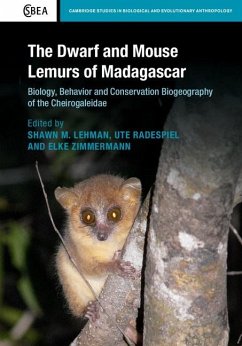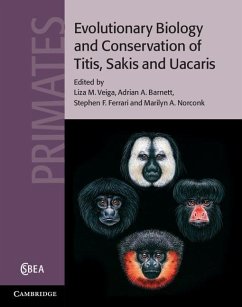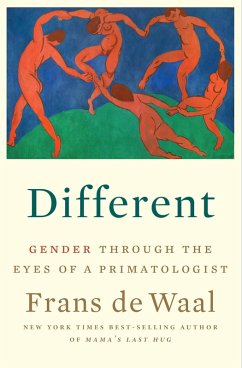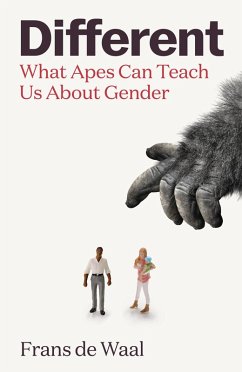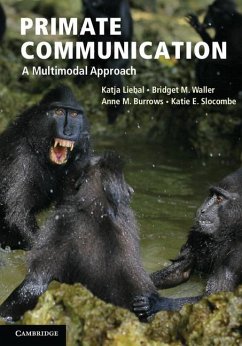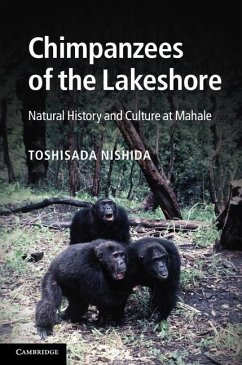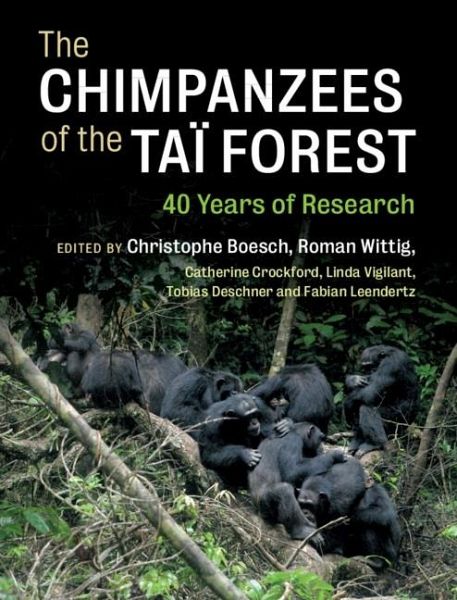
Chimpanzees of the Tai Forest (eBook, ePUB)
40 Years of Research
Redaktion: Boesch, Christophe
Versandkostenfrei!
Sofort per Download lieferbar
58,95 €
inkl. MwSt.
Weitere Ausgaben:

PAYBACK Punkte
29 °P sammeln!
The Tai Chimpanzee Project (Tai National Park, Cote D'Ivoire) has yielded unprecedented insights into the nature of cooperation, cognition, and culture in our closest living relatives. Founded in 1979 by Christophe and Hedwige Boesch, the project has entered its 40th year of continuous research. Alongside other famous long-term chimpanzee study sites at Gombe and Mahale in East Africa, the tireless work of the team at Tai has contributed to the fields of behavioural ecology and anthropology, as well as improving public awareness of the urgent need to protect this already endangered species. En...
The Tai Chimpanzee Project (Tai National Park, Cote D'Ivoire) has yielded unprecedented insights into the nature of cooperation, cognition, and culture in our closest living relatives. Founded in 1979 by Christophe and Hedwige Boesch, the project has entered its 40th year of continuous research. Alongside other famous long-term chimpanzee study sites at Gombe and Mahale in East Africa, the tireless work of the team at Tai has contributed to the fields of behavioural ecology and anthropology, as well as improving public awareness of the urgent need to protect this already endangered species. Encompassing important research topics including chimpanzee ecology, reproductive behaviour, tool use, culture, communication, cognition and conservation, this book provides an engaging account of how Tai chimpanzees are adapted to African jungle life and how they have developed unique forms of cooperation with less violence, regular adoptions and complex cultural differences between groups.
Dieser Download kann aus rechtlichen Gründen nur mit Rechnungsadresse in A, B, BG, CY, CZ, D, DK, EW, E, FIN, F, GR, HR, H, IRL, I, LT, L, LR, M, NL, PL, P, R, S, SLO, SK ausgeliefert werden.




